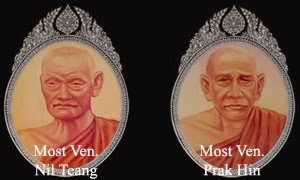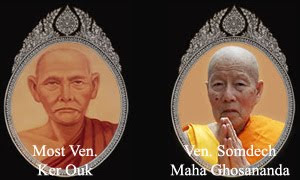A good person, or an ideal human being, is a valuable asset to society. Such a person is an exemplary member of the human race and is able to bring peace and prosperity to his society. According to Buddhism, there are seven qualities of a good person. They are explained below:
1. Dhammannutā (knowing the law\ knowing the cause):
He knows the laws and the causes that govern all things that he deals with in his day-to-day life. He knows what he should do while performing his duties and while doing his work.
He knows thoroughly the responsibilities of his jobs and knows how to apply the different principles involved in order to carry out his work successfully. At the highest level, ‘dhammannutā’ is t knowledge of the natural laws or truths of nature, so that one can have a free mind to deal with life and the world in the correct manner.
2. Atthannutā (knowing the meaning):
He knows the meaning of the principles that he follows and understands the aims of his occupation or task. He is aware of the reason behind his every action and whether good or bad results are to be expected in the future from his actions. At the highest level, ‘Atthannutā’ is knowledge of the implications of the natural course of things and the benefits that form the real purpose of life.
3. Attannutā (knowing oneself):
He knows the nature of his status, knowledge, ability, condition, sex, virtue, aptitude, etc., and how to act according to them. He knows what is required to produce the right outcome and constantly improves himself to attain greater maturity.
4. Mattannutā (moderation\knowing how to be temperate):
He knows moderation in work, speech, rest, and in all actions. He rightly knows about consumption and spending. He has clear objectives behind all his actions and does his work not only for his own contentment but also to produce beneficial results that he has attained through wisdom.
5. Kālannutā (knowing the proper time):
He knows how to act, perform his duties, and how to deal with people at proper times and occasions. He also knows how to do his work regularly and punctually. ‘Kālannutā’ can also mean the effective planning and organizing of one’s time.
6. Parisannutā (knowing the society):
He knows the people of society very well and knows the rules and regulations, customs and traditions of the society. He knows the right way to approach people of the society. He is aware of their needs and knows how to help them in a beneficial manner.
7. Puggalannutā (knowing the individual):
He knows how to deal with people according to their temperaments, abilities, and virtues. He knows whom to befriend and whose company should be avoided. He always tries to learn from other people.






0 comments:
Post a Comment